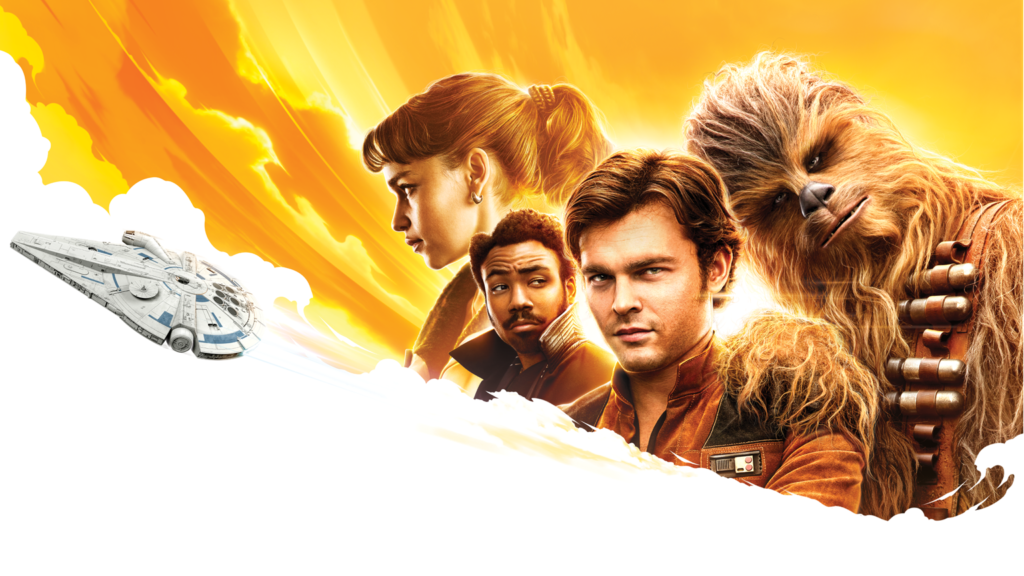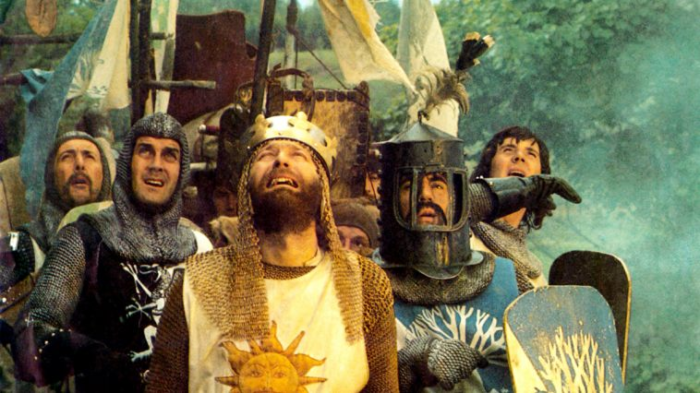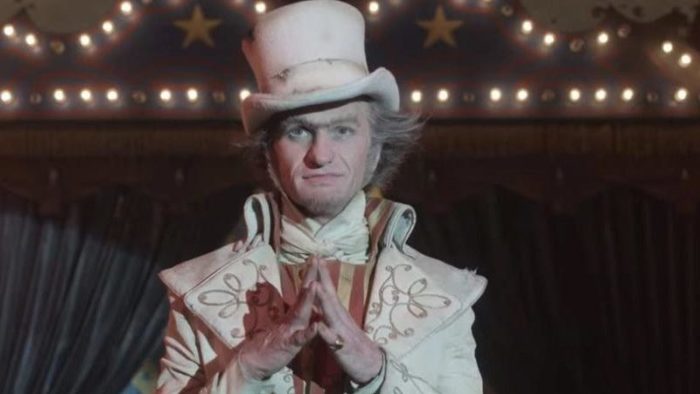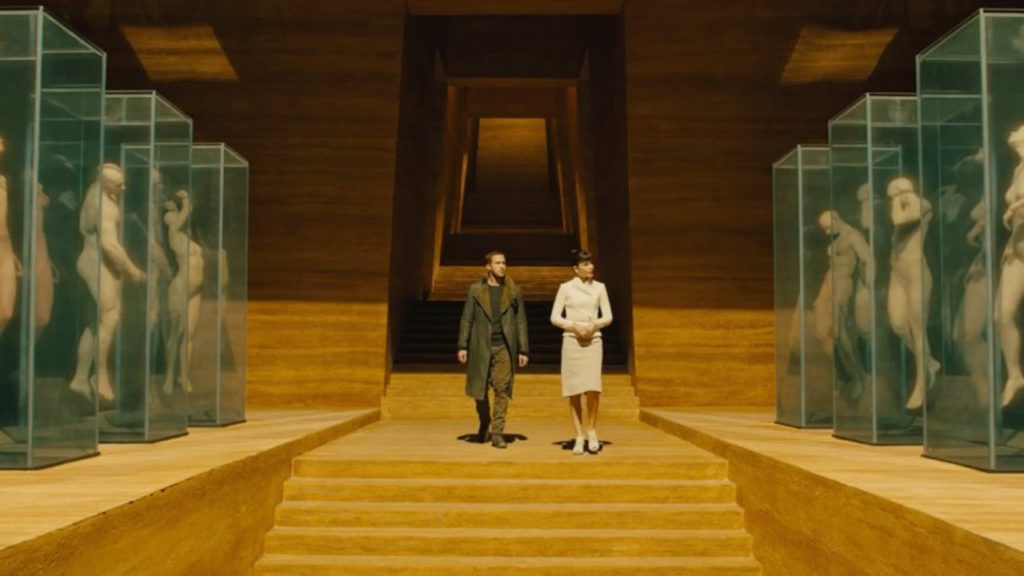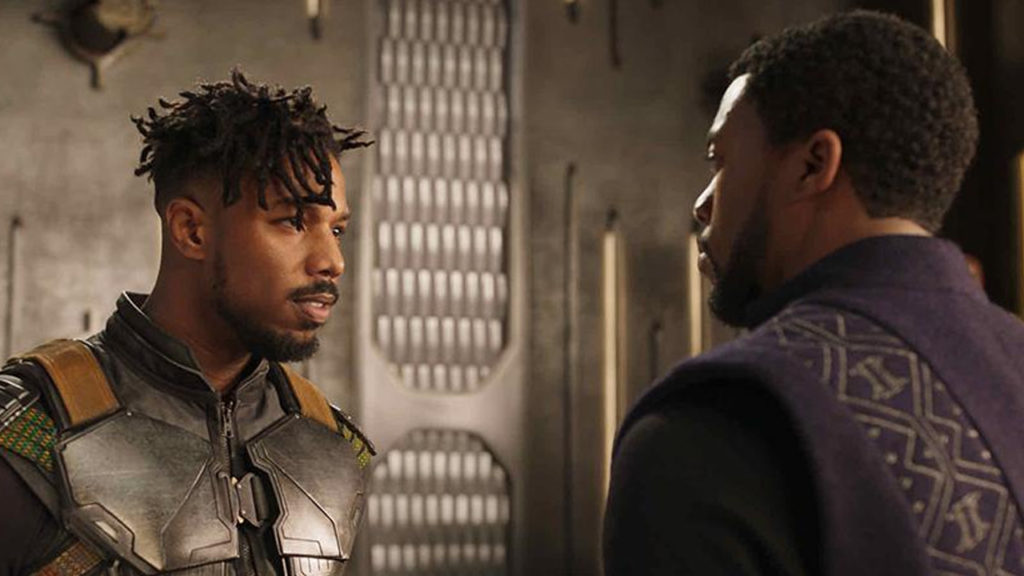If you’re a regular reader of the blog or follower of Jordandené in general, you’ve probably seen me around in the last handful of weeks. But in case you haven’t: hi, I’m Kara Dennison, and I’m apparently a fake geek girl.
I’m also the lead editor for multiple well-known anime and game localizations. I’m a published author and a journalist with ten years of experience. And I’m an interviewer who’s been lucky to share the stage with a few people you might have heard of. But that doesn’t stop me from earning the title, it seems.




